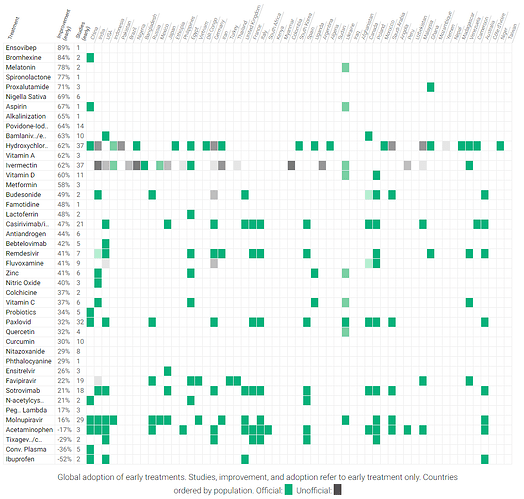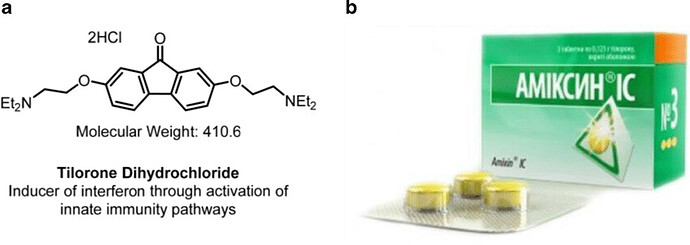Eventually you realize that a lot of medicine is not evidence or science-based because it varies a lot from country to country. For example, the United States has some of the highest rates of in-center dialysis because nephrologists (kidney specialists) are allowed to profit from putting their patients on in-center dialysis.
This post will look at medical practices that are different from country to country.
Remdesivir and the World Health Organization
Near the beginning of the pandemic, the World Health Organization actually recommended against remdesivir based on the results of its Solidarity randomized controlled trial. Mainstream Western doctors like the Canadian Zain Chagla were dunking on remdesivir:
More shady antics for remdesivir - I think we’re getting a sense of why this drug is even considered
https://twitter.com/zchagla/status/1321721523594551296
The WHO actually went against the grain and was saying that the scientific data did not support the use of remdesivir for COVID. This was when Western countries were buying remdesivir and using it for COVID. The WHO has since changed its tune so major public health authorities are currently holding very similar positions on remdesivir.
Diagnosing COVID with CT scans
When the coronavirus first emerged in China, a Chinese research paper was stating that the positive rate of the PCR test was around 59%. Because it would miss some cases of COVID, they would also order CT scans and try to make an educated guess as to whether or not the patient had COVID.
India is a country that continued this practice while Western countries completely shunned the CT scan, even though they had plentiful access to CT scanners and didn’t have enough PCR tests to go around at the beginning of the pandemic.
Western countries that don’t mask
Sweden, other Scandanavian countries, Austria, and other Western countries did not recommend masking to its citizens.
The DANMASK-19 study conducted in Denmark did not find a benefit to wearing surgical masks to prevent SARS-CoV-2 infection.
Use of sedation for colonoscopy
The US and Canada will generally put patients on sedation for colonoscopy while many European countries do not.
Nowadays the sedation of patients undergoing colonoscopy is common practice in the United Kingdom[4] and in the United States[5]. Moreover, a trend towards the use of deep sedation by non anesthesiologist- and anesthesiologist-delivered propofol occurs in the United States and France, respectively[6,7]. Conversely, unsedated or on-demand sedation colonoscopy is routine practice in other European and Eastern countries. In Finland only 6% of colonoscopies are performed with sedation[8], whereas in Norway the mean sedation rate is 37% (range 6%-97%)[9].
Bromhexine
This over-the-counter drug is approved in Australia and some European countries. It is not approved in most Western countries because it would take too much money to go through the approval process.
This drug saw some interest in the treatment of COVID-19 as it is a safe TMPRSS2 inhibitor. It is adopted in 1 country for COVID (China). See c19early.com for data.
COVID early treatment
C19Early has an interesting table of what different countries use for COVID early treatment. You should be able to clearly see that medical practices vary widely across the globe.
Drugs approved in ex-Soviet bloc countries
Russia and Ukraine have approved various interferon inducing drugs such as tilorone, Enisamium iodide, and umifenovir (Arbidol).
Childhood vaccination schedules
In general, the US leads the world in recommending the most childhood vaccinations. However, most Western countries do not use the BCG vaccine whereas many Eastern countries do. The BCG vaccine is typically given to babies and leaves a lifelong scar.
So who is actually doing science?
I’m just going to weasel out of that question and provide data on countries with well-functioning medical systems. Hong Kong, Macao, Japan, Switzerland, and Singapore are the top 5 in life expectancy according to Worldometers. Hong Kong and Macao have a lot of lower income people so wealth does not explain all of its higher health outcomes.
As far as I can tell, all countries are affected by politics. Japan for example stopped using the Gardasil HPV vaccine when HPV vaccine injuries were reported in that country’s mainstream news. Now that memories of those news stories have faded, the country has recommended the vaccine again.


